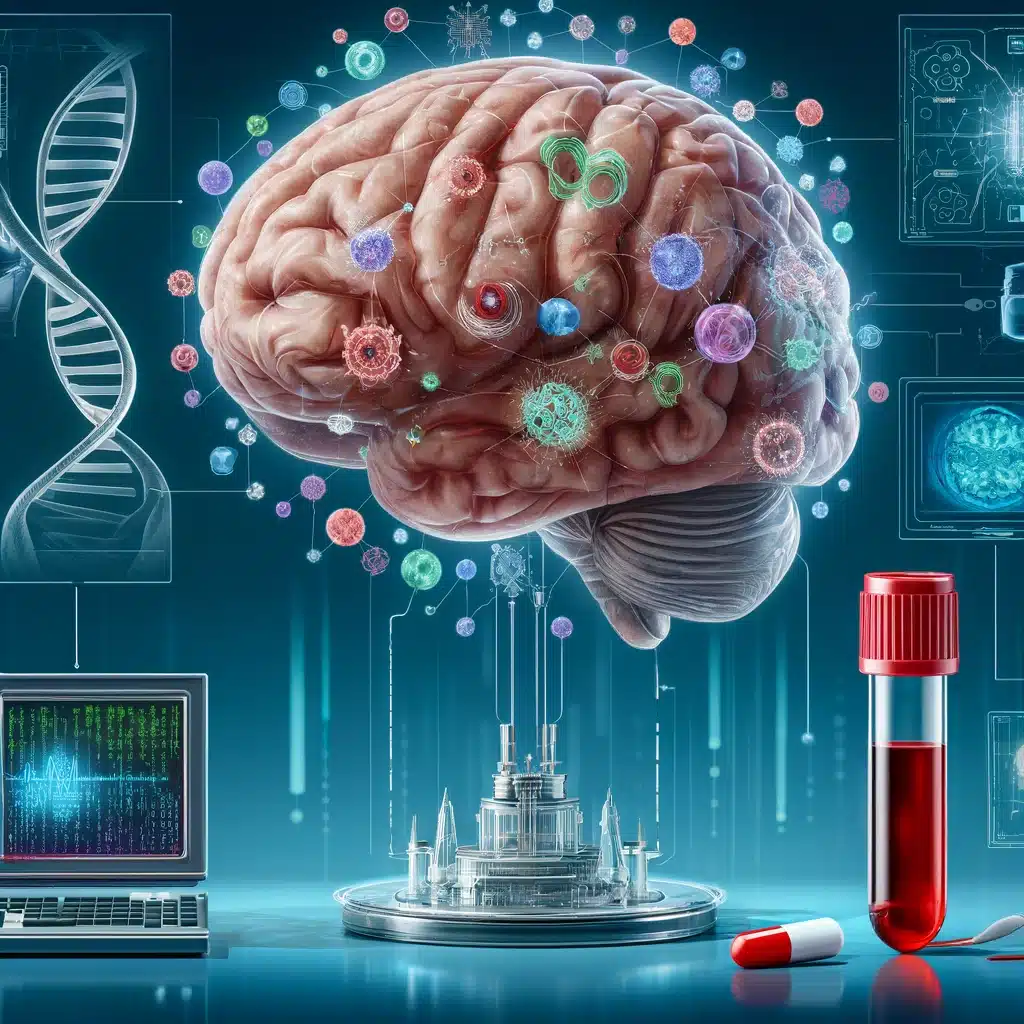Alcohol Use Disorder (AUD): Contributing Factors via Neuroclinical Addiction Analysis (2024)
A study broke down Alcohol Use Disorder (AUD) into specific brain-related categories and identified key factors that can help understand and classify AUD more accurately. Higlights: Cravings & Insensitivity: The study identified two main factors related to alcohol desire – one about craving alcohol and the other about not feeling its effects strongly. Emotions: Three …










